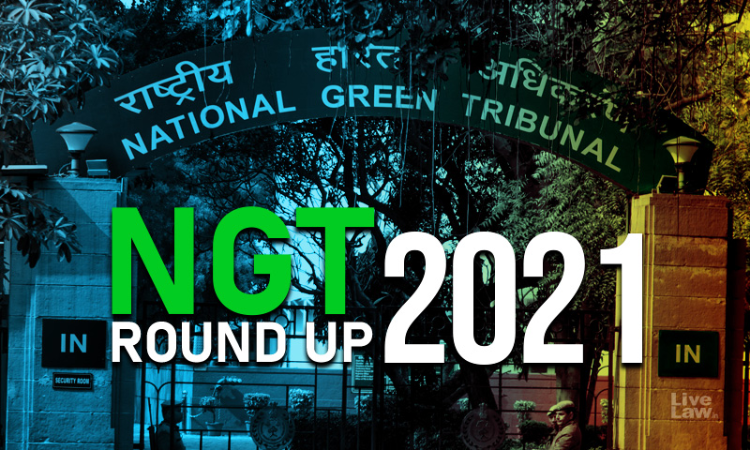Next Story
9 Jan 2022 5:47 PM IST
Scientific Disposal of Bio-Medical Waste arising out of COVID-19 treatment The issue for consideration in this matter was the remedial action to address the gaps in compliance of the BMW Rules, 2016, as applicable to the disposal of bio-medical waste arising out of handling of COVID-19 disease, so as to ensure protection of environment and public health, in view of potential...

